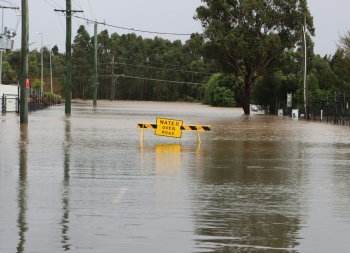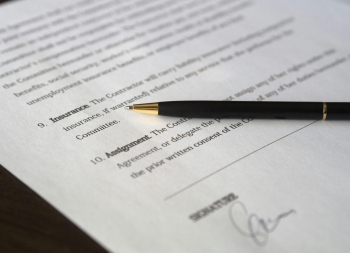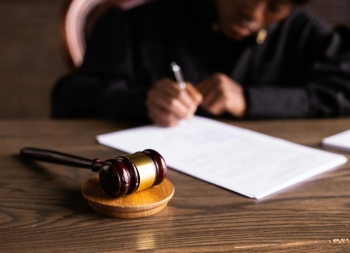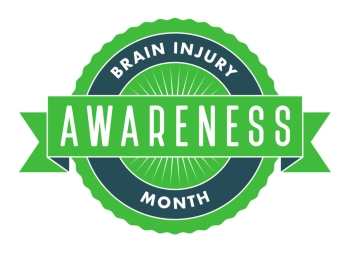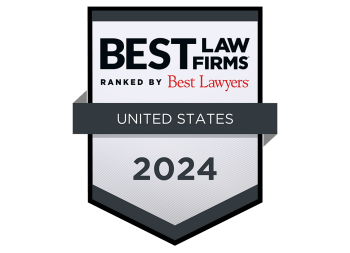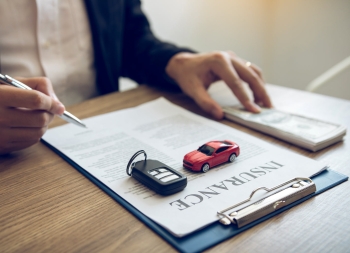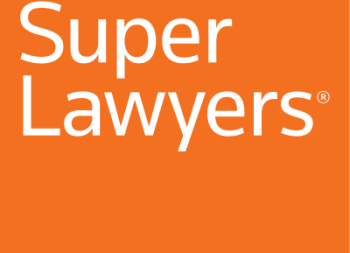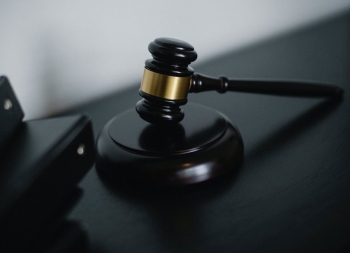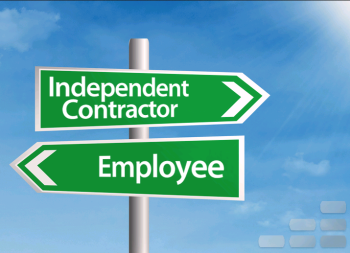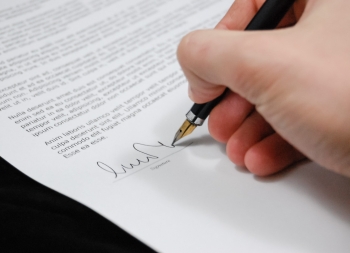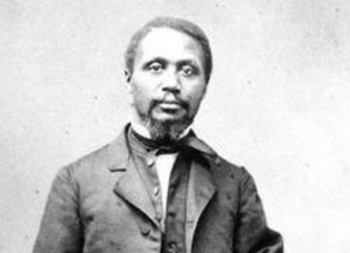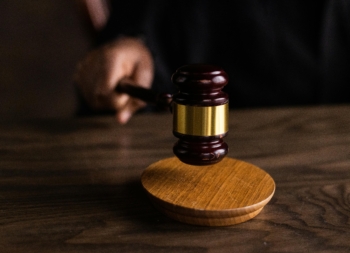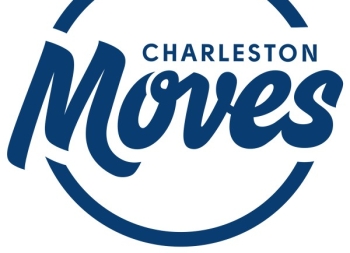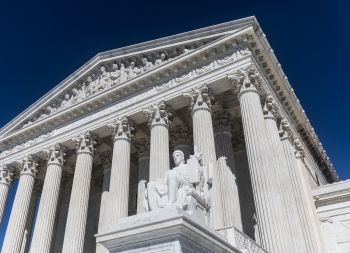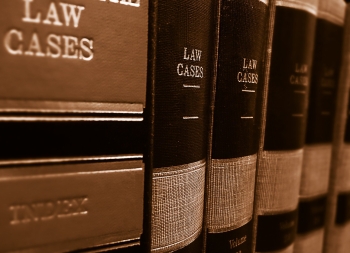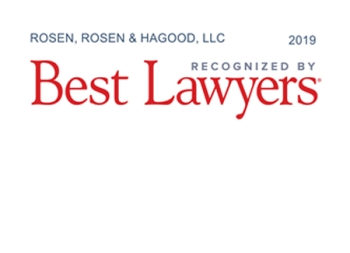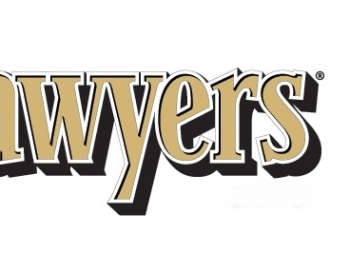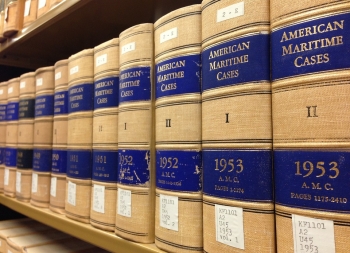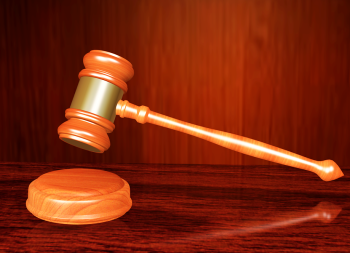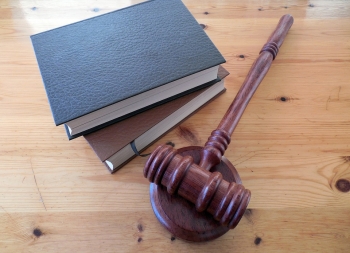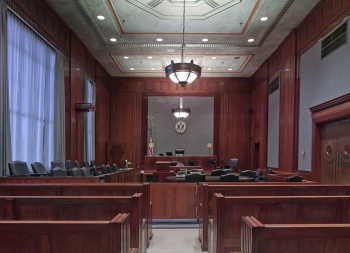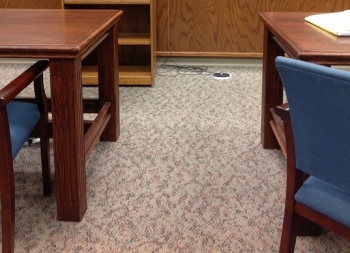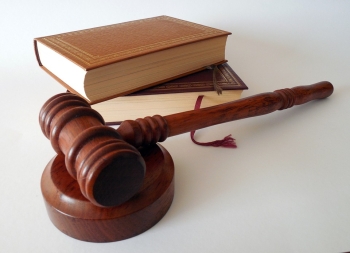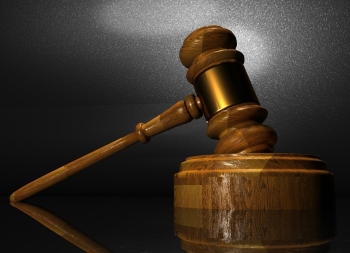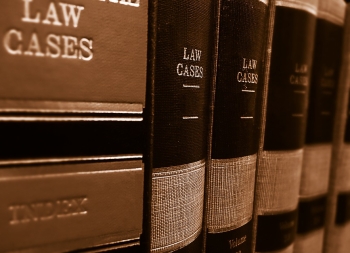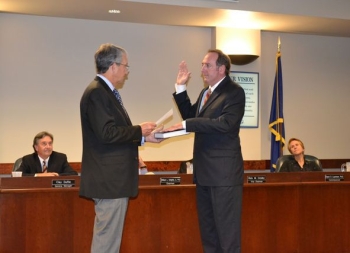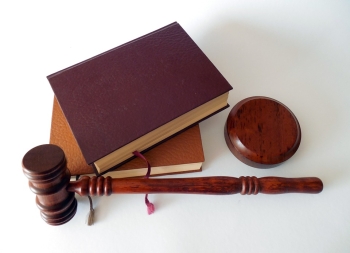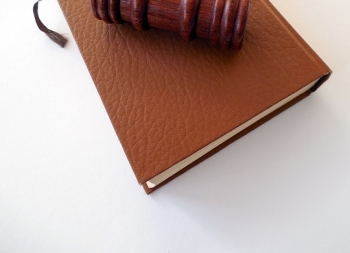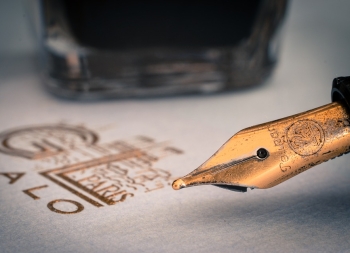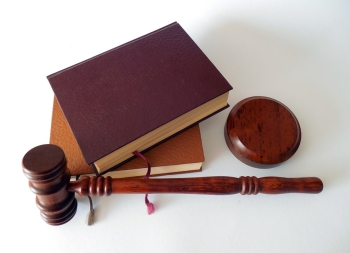Checklist: What to Expect During Your First Meeting with a Personal Injury Attorney

Whether you have been involved in a car wreck or injured by an unsafe product, seeking the help of an experienced personal injury attorney is the first step towards getting the compensation you deserve. We know that recovering from an injury and meeting with an attorney can be anxiety-inducing, but we strive to make the process as simple as possible for you.
This guide will walk you through what to expect during your first meeting with a personal injury attorney, helping to ease your anxiety and prepare you for this important step in your path to recovery.
Frequently Asked Questions
Why should I meet with a personal injury attorney?
A personal injury attorney can evaluate the strength of your case, explain your legal rights and options, help you understand potential compensation, navigate complex legal procedures, and represent your interests with insurance companies and other parties.
What documents should I bring to my first meeting?
It’s helpful to come to your first meeting prepared with any information that is relevant to your case. The specific documents vary depending on your situation but below is a list of items you may need to provide.
Prepare a comprehensive file that includes:
- Police reports from the incident;
- Medical records and treatment documentation;
- Diagnostic test results;
- Photographs of injuries or the accident scene;
- Proof of lost wages;
- Medical bills and expense receipts;
- Any witness contact information; and
- Correspondence with insurance companies.
What information will the attorney need from me?
Walking into your first consultation can be daunting, but the purpose of the meeting is to help us better understand your circumstances and determine whether we can help you. Please be prepared to discuss the following details:
- A detailed account of the incident;
- The date, time, and location of the occurrence;
- The names and contact information of involved parties;
- The extent and nature of your injuries;
- The medical treatments you have received;
- The impact on your work and daily life;
- Your current and anticipated medical expenses; and
- Any communication you have had with insurance companies.
How long will the first meeting take?
Most initial consultations last between 30 minutes to 1 hour. The complexity of your case will determine the exact duration. Attorneys typically offer free initial consultations to assess your case.
What questions should I ask the attorney?
It’s common not to know exactly what to ask an attorney during your first meeting. Here are a few questions that you may want to consider asking to help you determine if the attorney is the right person to help you with your case:
- What is your experience with similar cases?
- What is the potential value of my case?
- What is your fee structure? (Most personal injury attorneys work on a contingency basis.)
- What is the likely timeline for resolving my case?
- What potential challenges do you foresee?
- What communication can I expect throughout the process?
What will the attorney do after our first meeting?
Once you leave your consultation, the attorney will begin reviewing all the documentation you provided, conducting an initial case assessment, and determining the potential legal strategies. Once that process is completed, the attorney will advise you on your next steps including discussing potential settlement or litigation options.
How should I prepare for the meeting?
To make the most of your consultation:
- Organize all relevant documents;
- Write down a chronological account of the incident;
- Prepare a list of questions;
- Be honest and provide complete information;
- Bring a notepad to take notes; and
- Consider bringing a supportive family member or friend.
What if I’m not sure I want to pursue legal action?
Initial consultations are typically free and carry no obligation. This meeting is an opportunity to understand your legal rights, get professional insights into your case, and make an informed decision about potential legal action.
How much will my personal injury case cost?
Like most personal injury attorneys, we work on a contingency fee basis, which means:
- You pay no upfront legal fees.
- The attorney receives a percentage of your settlement or court award (typically 35-40%).
- If you don’t win the case, you owe no attorney fees.
- Additional case expenses (court filing, expert witnesses) may be your responsibility.
- The specific fee percentage will be detailed in the representation agreement.
The contingency fee structure offers several benefits including:
- Reducing financial risk for clients;
- Aligning attorney’s interests with the client’s success; and
- Providing access to legal representation for those who cannot afford hourly rates.
Before signing any agreement, carefully review:
- The exact percentage of the contingency fee;
- How case expenses will be handled;
- When and how fees will be calculated; and
- Any potential additional costs.
Where to Park and How to Find Our Office
Located in the Gateway Center building at the corner of East Bay Street and Calhoun Street, our office is in the “North” tower. You can park in the garage on the other side of the railroad tracks near the aquarium. We will validate your parking ticket before you leave our office.
You’ll see an elevator in the small North Tower lobby of our building. Take the elevator to the fourth floor, and the entrance to our office will be on your left. We have a virtual receptionist with a screen that allows you to check in for your appointment.
Office Address:
40 Calhoun Street
Suite 450
Charleston, SC 29401
Charleston Personal Injury Lawyer
With decades of personal injury experience and countless wins for our clients, our personal injury attorneys are adept at handling complex litigation cases efficiently. Unlike what you might experience while working with attorneys from larger firms, you can trust our attorneys to guide you through the process and stick by you long after your case.
Contact us today to speak with a personal injury attorney in Charleston, South Carolina.
Disclaimer: This guide provides general information and is not legal advice. Each case is unique, and consulting with a qualified personal injury attorney is the best way to understand your specific situation.

















